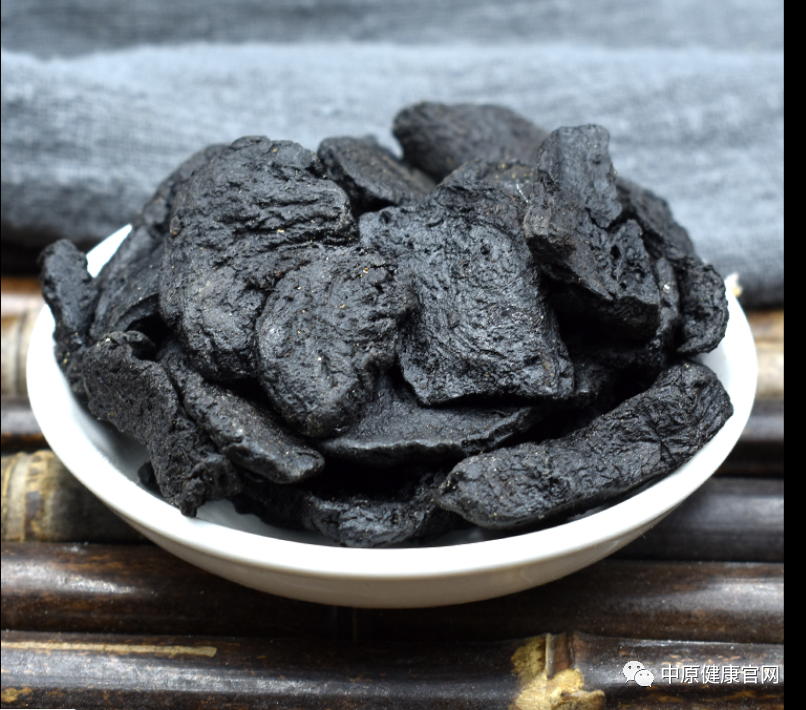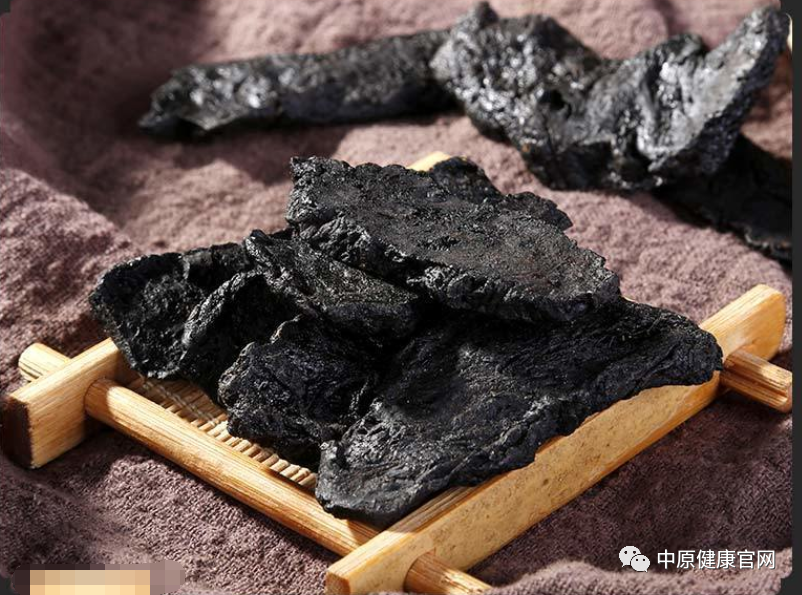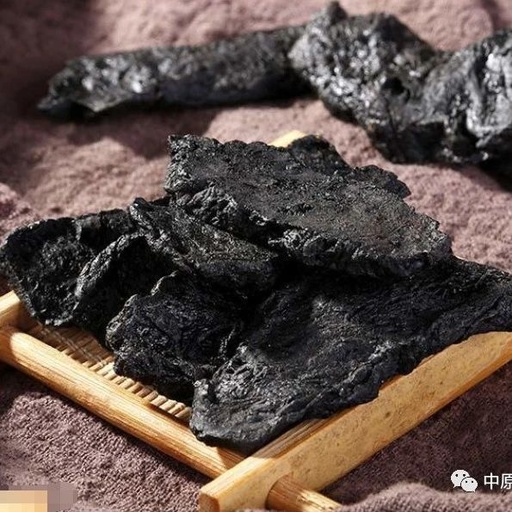Rehmannia glutinosa, also known as Shudi Huang or cooked Rehmannia, is the tuber of the plant belonging to the Scrophulariaceae family. It is processed by mixing raw Rehmannia with wine, steaming it until it becomes black and moist, and then drying it. Rehmannia glutinosa is a commonly used tonic herb in clinical practice, possessing numerous nourishing properties; however, there are also many contraindications associated with its use. Below, we will provide a detailed introduction to the efficacy, functions, and contraindications of Rehmannia glutinosa.

1. Nourishing Deficiency
Rehmannia glutinosa is sweet, warm, and moist in nature, nourishing yin and benefiting essence to generate blood, making it a key herb for nourishing blood and addressing deficiency. It is used to treat symptoms such as dizziness, palpitations, insomnia, and menstrual irregularities.
2. Kidney Tonification
Rehmannia glutinosa is moist and enters the kidneys, effectively nourishing kidney yin and replenishing essence and marrow. It is a crucial herb for tonifying kidney yin and can treat conditions such as liver and kidney yin deficiency, lower back and knee weakness, nocturnal emissions, night sweats, tinnitus, hearing loss, and diabetes.
3. Blood Supplementation
The water decoction of Rehmannia glutinosa can promote the recovery of red blood cells and hemoglobin, accelerating the proliferation and differentiation of multipotent hematopoietic stem cells and bone marrow erythroid progenitor cells, thus having a blood-supplementing effect.
4. Blood Pressure Reduction
Rehmannia glutinosa has a significant impact on the cardiovascular system. Both wine-prepared and steamed Rehmannia glutinosa exhibit notable blood pressure-lowering effects, with significant reductions in both systolic and diastolic blood pressure.
5. Anti-Aging
Rehmannia glutinosa can effectively prevent premature cellular aging, enhance cellular function, and is considered one of the best herbs for anti-aging.
6. Immune Enhancement
Traditional Chinese medicine suggests that regular use of Rehmannia glutinosa can enhance the body’s immune system, thereby improving the body’s resistance to diseases; it has a good effect on strengthening the body.
7. Cardiac Strengthening and Diuresis
Rehmannia glutinosa has cardiac strengthening and diuretic properties, particularly beneficial for individuals with heart weakness. When combined with Mu Tong (Akebia), its diuretic effect is enhanced.
8. Thrombus Inhibition
Rehmannia glutinosa can significantly inhibit hepatic hemorrhagic necrosis and simple necrosis, and it has a thrombus-inhibiting effect on conditions such as hyperlipidemia and hepatic venous bleeding caused by fatty liver.

9. Best Combinations with Rehmannia
Rehmannia glutinosa can be combined with different herbs for various effects, and it is difficult to determine which combination is the best.
For example, when combined with Shan Zhu Yu (Cornus), it has a good effect on nourishing the liver and kidneys and replenishing essence and marrow. In the formula Liu Wei Di Huang Wan, Rehmannia glutinosa is used in conjunction with Shan Zhu Yu and Shan Yao (Chinese Yam) for a nourishing effect.
The yin-blood nourishing Rehmannia glutinosa combined with the heat-clearing Zhi Mu (Anemarrhena) has a good heat-clearing effect, and the formula Zhi Bai Di Huang Wan is an excellent yin-nourishing and heat-clearing medicine. Therefore, it cannot be said that there is a best combination; rather, the effects vary with appropriate combinations.
10. Methods of Consuming Rehmannia
Soup Preparation
Using Rehmannia glutinosa in soup is generally more palatable than chewing or soaking it in water. When combined with black chicken, lamb, cuttlefish, or pig trotters, it is suitable for most people and provides richer nutrition.
Wine Soaking
Soaking Rehmannia glutinosa in wine can promote the release of its effective components, and drinking it can have vasodilatory and nourishing effects. Moderate consumption can improve conditions such as physical weakness and insomnia.
11. Contraindications for Rehmannia
1. Rehmannia glutinosa has a sticky nature that can hinder digestion; it should be avoided by those with spleen and stomach weakness, qi stagnation, phlegm accumulation, abdominal distension, and loose stools.
2. While Rehmannia glutinosa has blood-nourishing and yin-replenishing effects and is relatively mild, pregnant women can consume it without affecting their health or normal fetal development. However, due to its sticky nature, it should not be consumed in excess at one time.
3. As a medicinal herb, Rehmannia glutinosa is not suitable for infants and young children. If they need medication due to discomfort, they should follow the advice of a TCM practitioner rather than taking it independently, as it may be detrimental to their health.
Central Plains ZOY—Medical Exchange Platform

